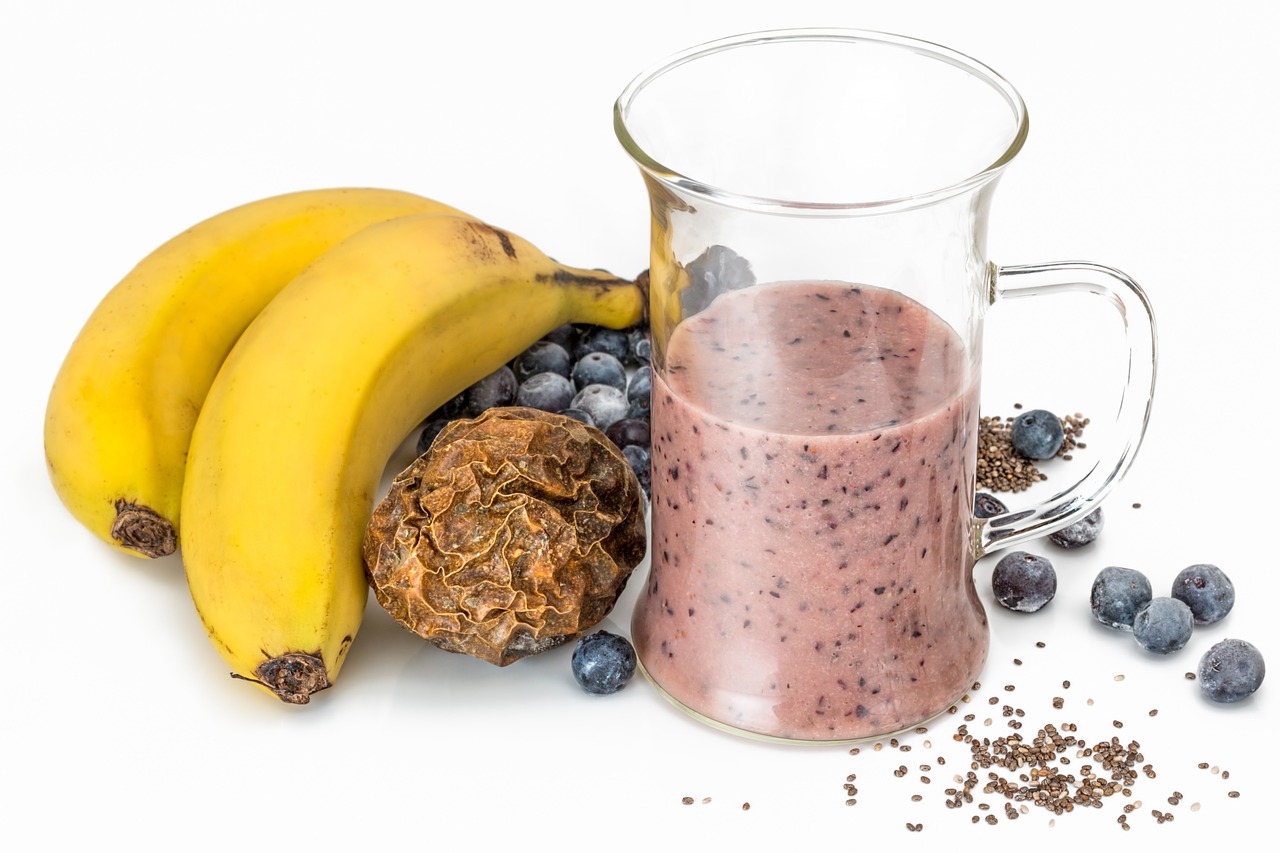If you are someone who is interested in holistic healthcare, you’ve no doubt realized that effective nutrition for weight loss and energy involves not only the foods you eat, but also your overall lifestyle. In the next two articles, we are going to provide a quick guide that offers you a lot of information on how to structure your diet for weight loss and energy. However, it is important to realize that every person is different, and every situation unique.

We strongly recommend a consultation with a holistic practitioner specializing in nutrition in order to guarantee your own personal best results.
20 General Principles for Weight Loss & Energy
- Eat Whole, Unprocessed Foods: Prioritize nutrient-dense, whole foods over processed foods to support energy and weight loss.
- Stay Hydrated: Drink water throughout the day to keep your metabolism running smoothly.
- Balance Macronutrients: Include a mix of healthy fats, lean proteins, and complex carbohydrates at every meal.
- Smaller, Frequent Meals: Eat smaller meals every 3-4 hours to stabilize blood sugar and prevent energy crashes.
- Mindful Eating: Practice mindfulness when eating to avoid overeating and enhance digestion.
- Control Portions: Use smaller plates and be conscious of portion sizes to avoid overeating.
- Avoid Sugary Beverages: Eliminate sodas, energy drinks, and other sugary beverages which can spike insulin and cause energy crashes.
- Eat Healthy Fats: Include sources like avocados, nuts, seeds, and olive oil to support hormone balance and sustained energy.
- Minimize Refined Carbs: Reduce white bread, pasta, and other refined carbohydrate foods that can lead to energy fluctuations and weight gain.
- Increase Fiber: Focus on fiber-rich foods like vegetables, fruits, legumes, and whole grains to promote satiety and digestive health.
- Reduce Added Sugar: Limit foods with high added sugar content to maintain steady energy levels and prevent fat storage.
- Prioritize Protein: Lean proteins (chicken, turkey, fish, tofu, legumes) help build muscle, promote satiety, and stabilize blood sugar.
- Eat More Vegetables: Aim for at least 5 servings of vegetables per day to provide nutrients without excess calories.
- Avoid Artificial Sweeteners: While they may have fewer calories, artificial sweeteners can disrupt your gut microbiome and cause cravings.
- Chew Your Food Thoroughly: Chewing helps digestion and can prevent overeating by giving your brain time to register fullness.
- Start Your Day with Protein: A protein-rich breakfast helps regulate blood sugar and reduce cravings throughout the day.
- Plan Meals Ahead of Time: Meal prepping ensures you stay on track and avoid unhealthy food choices when you’re hungry.
- Eat a Variety of Colors: Incorporate a variety of colorful fruits and vegetables to ensure you get a broad range of vitamins, minerals, and antioxidants.
- Limit Caffeine: Excessive caffeine can disrupt sleep and increase anxiety, leading to energy crashes and cravings.
- Listen to Your Body: Pay attention to hunger and fullness cues, and try to eat when you’re hungry, not just out of habit or boredom.
20 Foods to Create an Energy Boost
- Whole Grains: Choose quinoa, oats, and brown rice, which are a slow-release energy source.
- Turmeric: Turmeric’s active compound, curcumin, supports energy production and has anti-inflammatory properties.
- Leafy Greens: Kale, spinach, and other greens are rich in magnesium, which helps with energy production.
- Chia Seeds: Rich in omega-3 fatty acids and fiber, chia seeds help sustain energy levels and improve digestion.
- Berries (Antioxidants): Blueberries, strawberries, and raspberries are packed with antioxidants to reduce oxidative stress and boost energy.
- Beetroot: High in nitrates, beets may improve blood flow and stamina, providing a natural energy boost.
- Coconut Oil: Medium-chain triglycerides (MCTs) in coconut oil are quickly converted into energy, providing a lasting boost.
- Sweet Potatoes: A complex carbohydrate that provides steady energy and is rich in vitamin A for immune support.
- Ginger: This potent root acts as a natural stimulant, improving circulation and energy levels.
- Bananas: High in potassium and natural sugars, bananas provide a quick and lasting energy boost.
- Green Tea: Contains caffeine and L-theanine, which can enhance alertness without causing jitters.
- Pumpkin Seeds: Rich in magnesium, zinc, and protein, pumpkin seeds help stabilize energy and support muscle function.
- Almonds: A good source of healthy fats, protein, and fiber that provide sustained energy.
- Hemp Seeds: High in omega-3 fatty acids, fiber, and protein, hemp seeds support energy and muscle repair.
- Maca Root: This superfood is known for boosting energy and stamina, and balancing hormones.
- Fermented Foods: Kimchi, sauerkraut, kefir, and kombucha help optimize gut health, which is crucial for energy production.
- Legumes: Beans, lentils, and chickpeas are high in fiber and protein, providing lasting energy without spiking blood sugar.
- Avocados: Full of healthy fats, fiber, and potassium, avocados help maintain steady energy levels.
- Watermelon: Hydrates and provides natural sugars for quick energy, plus antioxidants like lycopene.
- Citrus Fruits: Oranges, lemons, and grapefruits provide vitamin C can powerfully combat fatigue and boost energy.
The staff at Longevity Wellness Clinic of Bradenton are skilled practitioners specializing in nutrition, holistic health and TCM.



